Forex trading can be a rewarding venture, but it often comes with its share of emotional challenges, particularly fear. Understanding how to overcome fear in forex trading is crucial for any trader aiming to succeed in the long run. This article delves into the different types of fear that traders face, the impact of these fears on trading decisions, and practical strategies to manage and overcome them.
Understanding Fear in Forex Trading
Defining Fear in the Context of Forex Trading
Fear in forex trading is a natural emotional response to perceived threats and uncertainties in the financial markets. This fear can manifest in various ways, from anxiety about losing money to dread of making incorrect decisions. Understanding the nature of this fear is the first step in learning how to get rid of fear in trading. Forex traders often experience fear due to the high volatility and unpredictability of currency markets. Unlike other financial markets, forex trading involves a constant flow of information and rapid price movements, which can be overwhelming for both novice and experienced traders.

The Different Faces of Fear in Trading
Fear in trading can take on multiple forms, each impacting traders differently. Here are the most common types of fear encountered in forex trading:
Fear of Missing Out (FOMO)
Fear of Missing Out (FOMO) is a prevalent issue among traders. It occurs when traders are anxious about missing potential profitable opportunities. This fear often leads to impulsive decisions, such as entering trades without adequate analysis or following the crowd without a clear strategy. FOMO is driven by the belief that one must capitalize on every opportunity, leading to overtrading and increased risk.

Impact of FOMO on Trading Behavior
FOMO can significantly impact a trader’s behavior, often leading to irrational decision-making. Traders influenced by FOMO may enter trades based on market hype rather than solid analysis, increasing their exposure to risk. This behavior can result in significant losses, as trades driven by FOMO are often poorly timed and lack a strategic foundation.
Fear of Loss (FOL)
Fear of Loss (FOL) is another common form of fear in forex trading. This fear is characterized by an overwhelming concern about losing capital. Traders experiencing FOL may exit positions prematurely, avoid taking trades altogether, or fail to execute their trading plan. This behavior can result in missed opportunities and stunted growth, as the fear of losing money prevents traders from taking calculated risks.
Read More: Market Makers in Forex Market
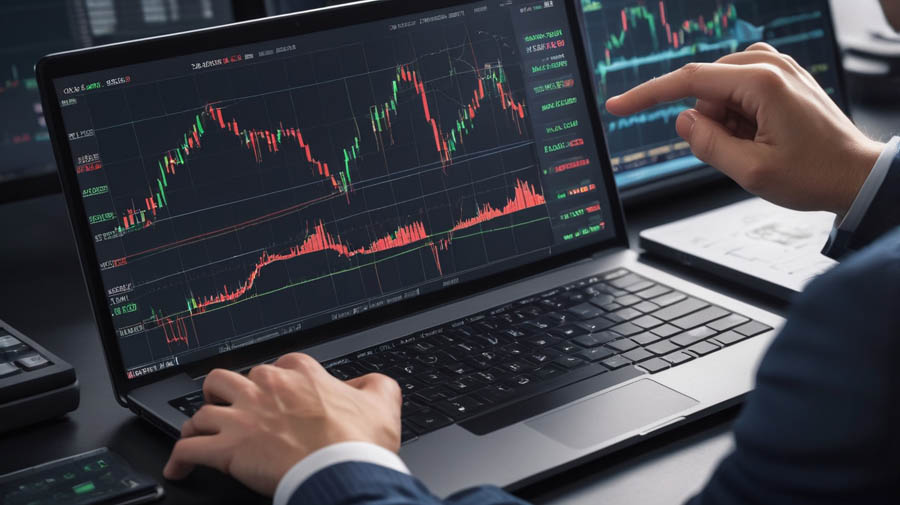
Psychological Effects of FOL
The psychological effects of FOL can be profound, leading to stress, anxiety, and a lack of confidence in one’s trading abilities. Traders plagued by FOL may second-guess their decisions and struggle to follow their trading plan, ultimately impacting their overall performance. Understanding how to control fear in trading is essential for maintaining a positive mindset and achieving long-term success.
Fear of Making Mistakes
The fear of making mistakes can paralyze traders, leading to indecision and hesitation. This fear is often rooted in a lack of confidence in one’s trading abilities or a fear of being wrong. Traders may second-guess their decisions, miss entry points, or fail to act on their analysis due to the fear of making errors. This type of fear can be particularly detrimental in the fast-paced forex market, where timely decision-making is crucial.
Recognizing the Fear of Making Mistakes
Recognizing the fear of making mistakes involves self-reflection and awareness. Traders should pay attention to their thought patterns and behaviors, noting instances where fear of making a mistake influences their decisions. Keeping a trading journal can help identify these patterns and provide insights into how fear affects trading performance.
The Paralyzing Effect of Fear on Trading Decisions
Fear can have a paralyzing effect on trading decisions, leading to missed opportunities and suboptimal outcomes. When traders are driven by fear, they may find themselves stuck in a cycle of indecision, unable to act on their analysis or trading plan. This paralysis can manifest in several ways:
- Hesitation to Enter Trades: Fearful traders may hesitate to enter trades, even when their analysis indicates a favorable opportunity. This hesitation can lead to missed profits and frustration.
- Premature Exit from Positions: Fear can cause traders to exit positions too early, cutting their profits short. This behavior is often driven by the fear of the market reversing and turning a winning trade into a losing one.
- Avoidance of Trading: In extreme cases, fear can lead traders to avoid trading altogether. The fear of losing money or making mistakes can be so overwhelming that traders opt to stay on the sidelines, missing out on potential gains and growth opportunities.
The Psychological Impact of Fear on Traders
The psychological impact of fear in forex trading cannot be underestimated. Fear can erode a trader’s confidence, leading to a negative feedback loop where each fearful decision reinforces the next. Over time, this can result in a loss of trust in one’s trading abilities and a decline in overall performance. Understanding how to control fear in trading is essential for maintaining a positive mindset and achieving long-term success.
Addressing and Overcoming Fear in Forex Trading
To overcome fear in forex trading, traders must first acknowledge its presence and understand its root causes. Developing a comprehensive trading plan, practicing risk management, and building confidence through education and experience are crucial steps in managing fear. By addressing fear head-on and implementing strategies to mitigate its impact, traders can make more informed decisions, reduce emotional interference, and enhance their overall trading performance.
In the following sections, we will explore the impact of fear on trading decisions in more detail, discuss how to develop a robust trading plan to manage fear, and provide practical strategies for building confidence and emotional resilience in forex trading.
The Impact of Fear on Trading Decisions
How Fear Leads to Missed Opportunities and Impulsive Actions
Fear can have a profound impact on trading decisions. Traders driven by fear may miss out on lucrative opportunities due to hesitation or enter trades impulsively without proper analysis. This can result in significant financial losses and a lack of confidence in one’s trading abilities.
Fear-Driven Mistakes: Missed Opportunities and Impulsive Actions
Examples of fear-driven mistakes include:
- Exiting Winning Positions Too Early: Traders may close profitable trades prematurely out of fear that the market will reverse, thus missing out on potential gains.
- Avoiding Trades Altogether: Fear of loss can prevent traders from taking any positions, leading to missed opportunities.
- Chasing the Market: FOMO can cause traders to enter trades late, often resulting in poor entry points and increased risk.

Developing a Trading Plan to Manage Fear
The Importance of a Well-Defined Trading Plan
A well-defined trading plan is essential for managing fear in forex trading. It serves as a roadmap, guiding traders through the complexities of the market with clear rules and strategies. A comprehensive trading plan reduces uncertainty and helps traders make decisions based on logic and analysis rather than emotions. This structured approach can significantly boost confidence and minimize the impact of fear on trading decisions.

Key Elements of a Trading Plan to Address Fear
A robust trading plan should encompass essential strategies and routines to effectively manage fear in forex trading. These key elements are crucial for developing a comprehensive plan that promotes confidence and rational decision-making:
Risk Management Strategies: Defining Your Limits Effective risk management is paramount in overcoming fear. Key strategies include:
- Setting Stop-Loss Orders: Predefining maximum acceptable losses per trade ensures capital protection and prevents emotional decision-making.
- Position Sizing: Determining trade sizes based on risk tolerance limits potential losses, mitigating fear of significant capital depletion.
- Risk-Reward Ratio: Establishing favorable risk-reward ratios (e.g., 1:2) ensures potential profits justify risks taken, enhancing confidence in trade outcomes.
Building Confidence with a Structured Approach A structured trading approach enhances confidence and reduces fear by:
- Trading Goals and Objectives: Clear goals provide direction and motivation, minimizing fear-driven decisions.
- Entry and Exit Criteria: Specific criteria for trade entries and exits based on analysis rather than emotion ensure consistent decision-making.
- Trading Strategy: A defined strategy outlines methods, timeframes, and indicators used for trade identification and analysis.
Read More: Trading Psychology in Forex
Developing a Routine and Sticking to It Consistency in trading routines helps manage fear and maintain discipline:
- Daily Analysis: Regular market analysis keeps traders informed and prepared by reviewing news, economic events, and technical indicators.
- Trade Review: Evaluating past trades identifies patterns and areas for improvement, reinforcing confidence in trading strategies.
- Emotional Check-In: Regularly assessing and managing emotions through techniques like journaling or meditation promotes emotional balance and rational decision-making.
Building Confidence Through Knowledge and Experience
Confidence is a powerful antidote to fear. Building confidence in forex trading involves continuous learning and practice. The following strategies can help traders develop the knowledge and experience needed to overcome fear:
Education is Power: Learning the Ropes of Forex
Ongoing education is vital for building confidence in forex trading. Understanding technical and fundamental analysis allows traders to make informed decisions and reduces reliance on emotional impulses. Resources such as books, courses, and online materials can provide valuable insights into market behavior and trading strategies.

- Technical Analysis: Learning about technical analysis involves studying price charts, patterns, and indicators to identify potential trading opportunities. Mastering concepts such as support and resistance, moving averages, and oscillators can enhance decision-making skills.
- Fundamental Analysis: Understanding the economic factors that influence currency prices is crucial for informed trading. This includes analyzing economic indicators, central bank policies, and geopolitical events.
Practice Makes Perfect: Demo Accounts and Backtesting
Practicing with demo accounts and backtesting strategies can help traders gain experience without risking real capital. This practice builds confidence, allows traders to refine their strategies, and helps them understand market dynamics better.
- Demo Trading: Using a demo account allows traders to practice executing trades in a simulated environment. This helps build familiarity with trading platforms and develop trading skills without the pressure of real money.
- Backtesting: Applying trading strategies to historical market data helps evaluate their effectiveness. Backtesting provides insights into how strategies would have performed in different market conditions, helping traders refine their approaches.
Mentorship and Trading Communities
Engaging with experienced traders through mentorship or trading communities can provide valuable support and guidance. Mentors can offer insights, share experiences, and help traders navigate challenges. Trading communities provide a platform for sharing ideas, discussing strategies, and learning from peers.
Practicing Emotional Awareness and Control
The Importance of Self-Awareness in Forex Trading Emotional awareness is critical for managing fear in forex trading. Recognizing emotional states like fear, greed, and overconfidence helps traders understand their influence on decision-making, which can lead to significant losses. Awareness enables proactive control over reactions and promotes rational decision-making.
Techniques for Managing Emotional Responses Effective techniques help traders maintain emotional balance and improve trading performance by reducing the impact of fear and other emotions.
Taking Breaks Scheduled breaks throughout the trading day allow traders to relax and recharge, preventing burnout and emotional reactivity. Engaging in physical activities and mental relaxation promotes stress reduction and a fresh perspective.
Relaxation Techniques Incorporating daily relaxation practices, such as deep breathing exercises, meditation, and progressive muscle relaxation, helps manage stress and enhance emotional resilience during volatile market conditions.
Journaling Emotions Keeping an emotional journal aids in increasing self-awareness by documenting emotional experiences related to trading. Regular reflection on entries helps identify patterns and triggers, enabling the development of action plans to manage emotional responses effectively.
Developing a Positive Trading Mindset
A positive and realistic mindset is essential for managing fear and other negative emotions in forex trading. By focusing on long-term goals and viewing challenges as opportunities for growth, traders can develop a healthier approach to trading.

Focusing on the Process
Concentrating on the trading process rather than individual trade outcomes helps traders stay grounded and resilient. A process-oriented approach encourages traders to follow their trading plan and make decisions based on analysis rather than emotions.
- Stick to the Plan: Adhere to the trading plan and avoid making impulsive decisions based on short-term market movements.
- Evaluate Execution: Regularly evaluate how well trades are executed according to the plan, rather than focusing solely on profit and loss.
Embracing Inevitable Losses
Losses are an inevitable part of forex trading. Embracing this reality helps traders manage fear and maintain a positive mindset. Viewing losses as learning opportunities rather than failures fosters resilience and encourages continuous improvement.
- Learn from Losses: Analyze losing trades to understand what went wrong and identify areas for improvement.
- Adjust Strategies: Use insights gained from losses to refine trading strategies and make more informed decisions in the future.
Read More: How to Overcome Greed in Forex Trading ?
Building Emotional Resilience
Emotional resilience is the ability to withstand stress and adversity while maintaining a positive and productive mindset. Developing emotional resilience can help traders navigate the ups and downs of forex trading more effectively.
Techniques for Building Resilience
- Healthy Lifestyle: Maintain a healthy lifestyle with regular exercise, a balanced diet, and sufficient sleep to support overall well-being and emotional stability.
- Social Support: Build a support network of friends, family, and fellow traders to provide encouragement and perspective during challenging times.
- Positive Self-Talk: Practice positive self-talk to reinforce confidence and reduce self-doubt. Replace negative thoughts with constructive affirmations.
Conclusion
Overcoming fear in forex trading requires understanding its nature and manifestations like FOMO and FOL, which can impair decision-making. Developing effective strategies begins with a well-defined trading plan that includes robust risk management such as stop-loss orders and proper position sizing to mitigate anxiety. Structured trading routines and clear entry/exit criteria foster discipline and confidence. Building confidence through education, demo accounts, and mentorship enhances decision-making skills. Emotional awareness, mindfulness techniques, and a positive mindset help manage fear, viewing losses as learning opportunities. Integrating these strategies enables traders to approach forex logically, focusing on analysis rather than fear, aiming for long-term success and profitability.
How can I identify if fear is influencing my trading decisions?
Identifying fear in trading involves self-reflection and awareness. Common signs include hesitating to enter trades, exiting positions prematurely, or feeling overly anxious about potential losses. Keeping a trading journal and noting your emotions during trades can help you recognize fear-based decisions.
What role does mentorship play in overcoming fear in forex trading?
Mentorship provides guidance, support, and a different perspective on trading challenges. A mentor can help you navigate emotional hurdles, offer practical advice, and share their experiences, which can be invaluable in building your confidence and reducing fear.
How can I use backtesting to build confidence in my trading strategy?
Backtesting involves applying your trading strategy to historical market data to see how it would have performed. This practice helps you understand the strengths and weaknesses of your strategy, builds confidence in its effectiveness, and reduces fear of the unknown by providing a clearer picture of potential outcomes.


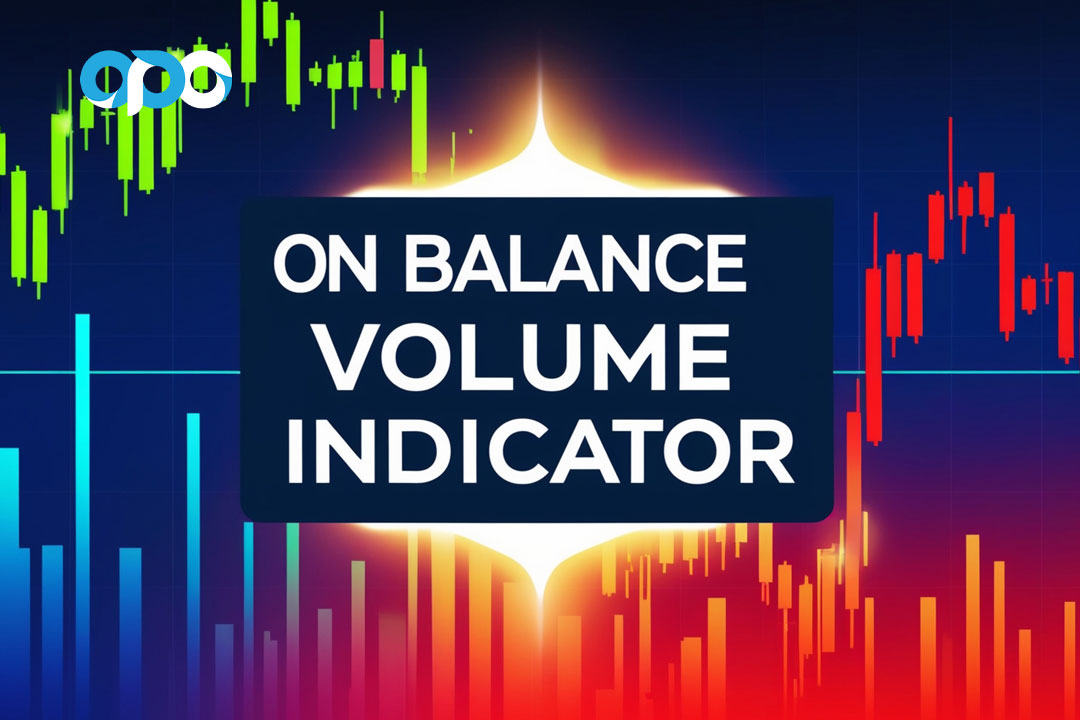

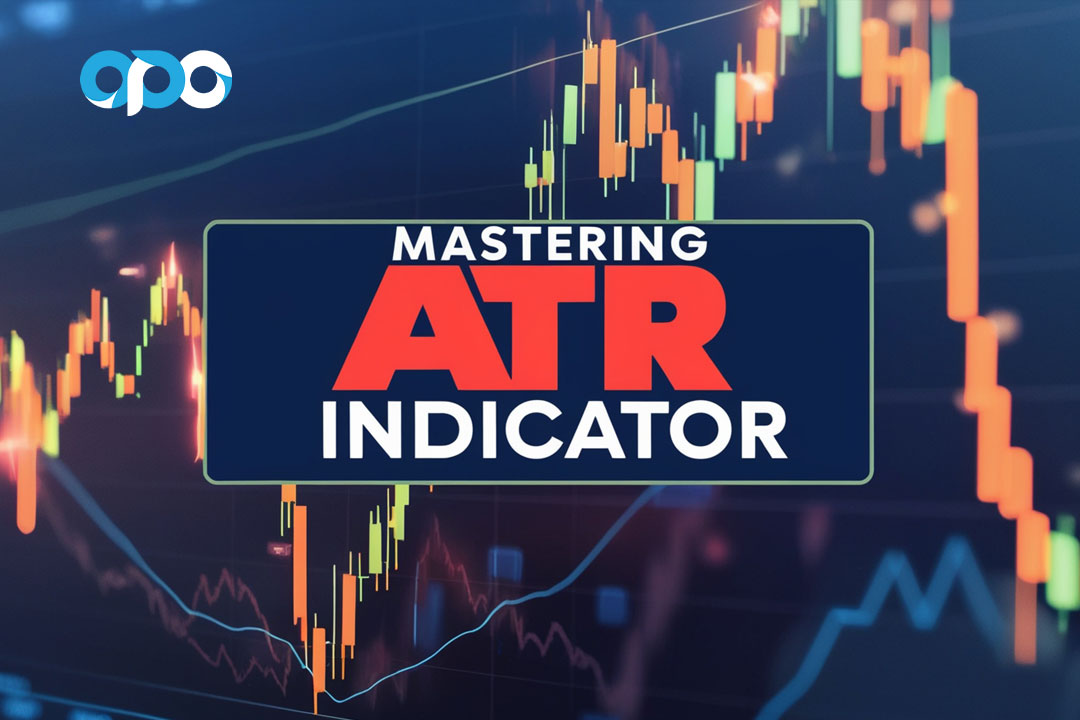
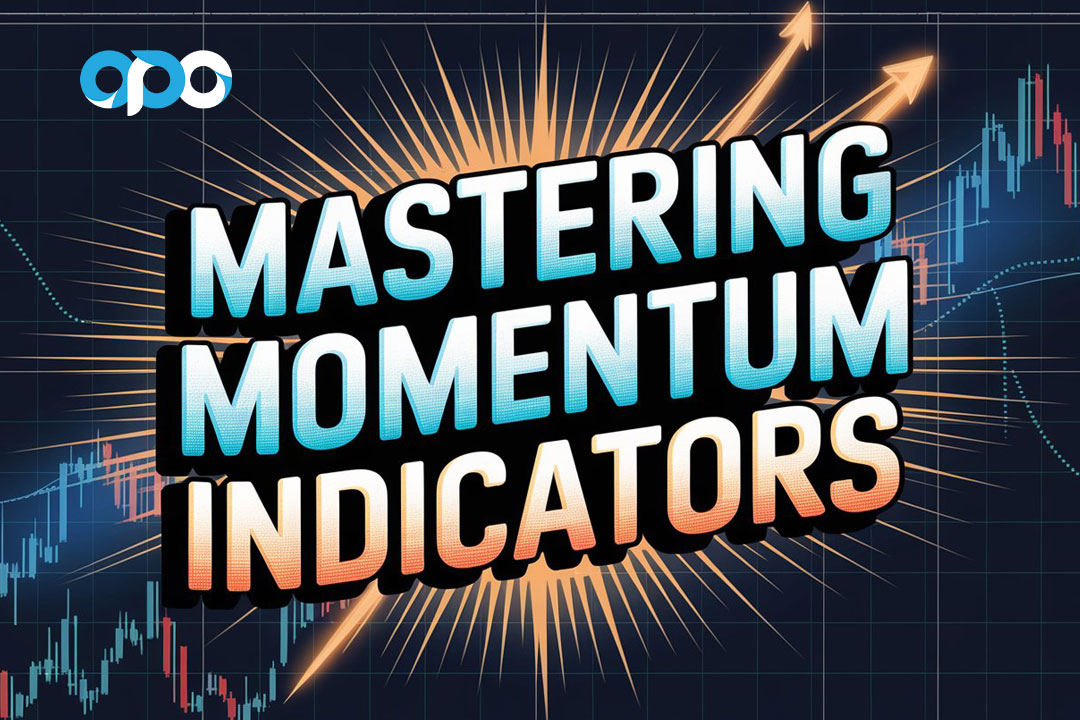
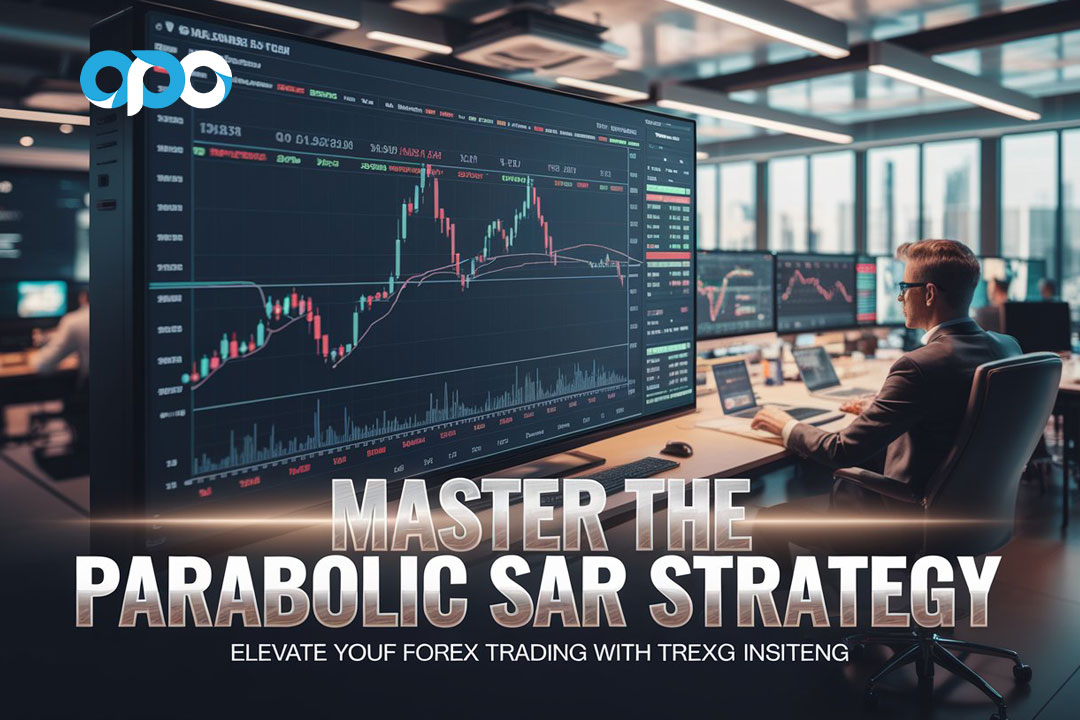
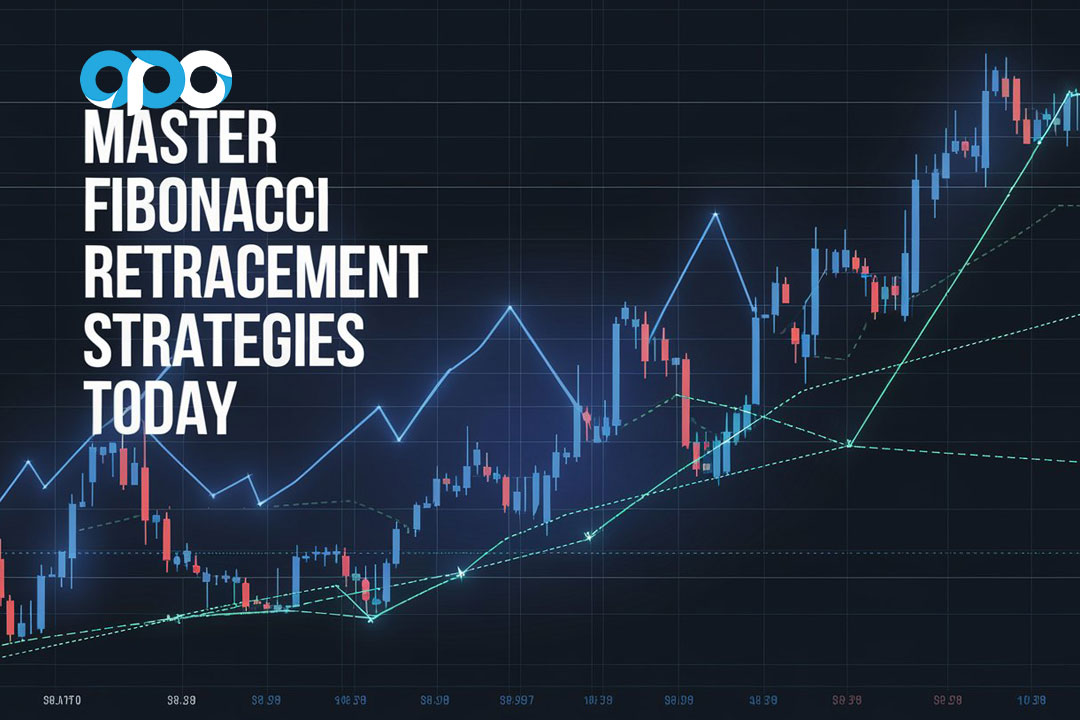

One Response
Whats up! I simply would like to give a huge thumbs up for the good info you have got here on this post. I can be coming again to your blog for extra soon.